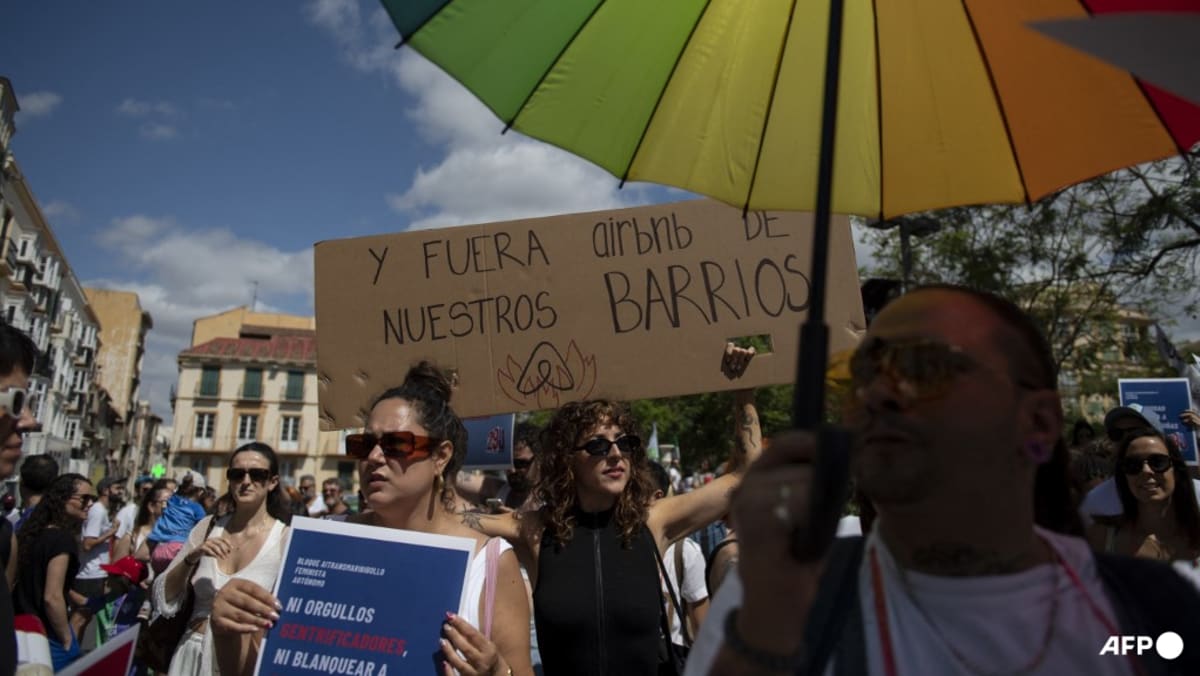According to official data, there were about 321,000 homes with holiday rental licences in Spain as of November last year, 15 per cent more than in 2020. Many more operate without official licences.
The Consumer Rights Ministry opened a probe into Airbnb in December.
A spokesperson for Airbnb did not immediately respond to a request for comment on Monday.
In December, the company said it always asked hosts to confirm they have permission to rent their places and abide by all local rules. The company also said that the ministry had failed to provide lists of non-compliant accommodation, and that many owners do not need a licence to rent out their property.
The company said the ministry did not have the authority to make rulings over short-term rentals and was disregarding court rulings specifying that Airbnb was a digital, not a real estate company.
Bustinduy said that Monday’s order had the backing of Madrid’s high court. In January, Prime Minister Pedro Sanchez unveiled a plan to raise taxes on income from holiday rentals through platforms.
Barcelona Mayor Jaume Collboni took Spain’s toughest move so far in June last year when he ordered a total ban on tourism rentals by 2028.
Other European countries such as Croatia and Italy have also acted to slow down the holiday rental business.
